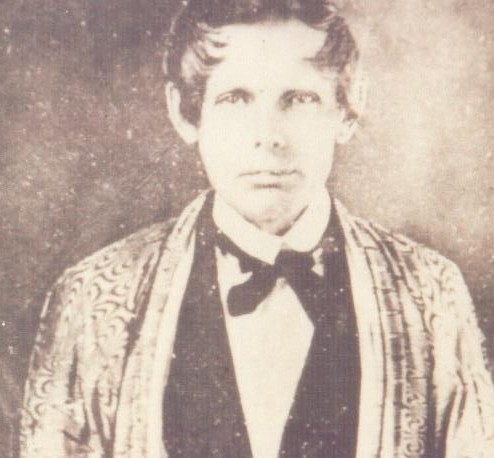
In 1832, Samuel Worcester and Elizur Butler were specifically targeted by Georgia because of their support against the removal of the Cherokee people. The court ruled that the Cherokee nation was a distinct community with self-government and that the laws of Georgia could have no authority in Native American affairs.
The response to this Supreme Court decision shocked the nation. Chief Justice John Marshall supported the ruling, but President Jackson defied the Supreme Court and his words have reverberated throughout history: “John Marshall has made his decision; now let him try and enforce it!”
Due to a legal loophole, he had no grounds for becoming involved unless the Georgia courts formally defied the Supreme Court. This did not happen since Georgia ignored the ruling and refused to release Worcester from prison.
Fearing a battle between the Judicial and Executive branches, the Justices did not follow the standard procedure of requiring federal marshals to carry out the decision. Even though Cherokee Nation v. Georgia and Worcester v. Georgia were both cases where rulings came in favor of the Cherokee, it was clear that President Jackson was not going to allow the Cherokee to continue to reside anywhere east of the Mississippi.
At the very least, Worcester v. Georgia dismissed an earlier case, Johnson v. M’Intosh, where it was decided that the United Stated had a right to the title of any land within its boundaries. Johnson v. M’Intosh, which took place in 1823, was overturned both the Cherokee Nation and Worcester v. Georgia court cases. It is clear though that without the enforcement of these rulings, the Cherokee Nation was cleared off their land and forced to march to Oklahoma Territory.